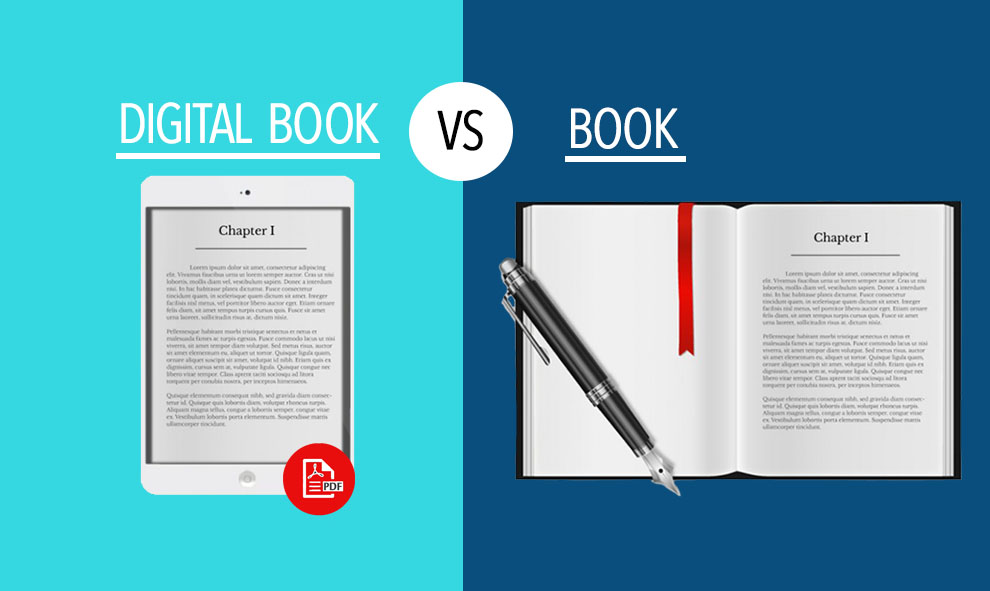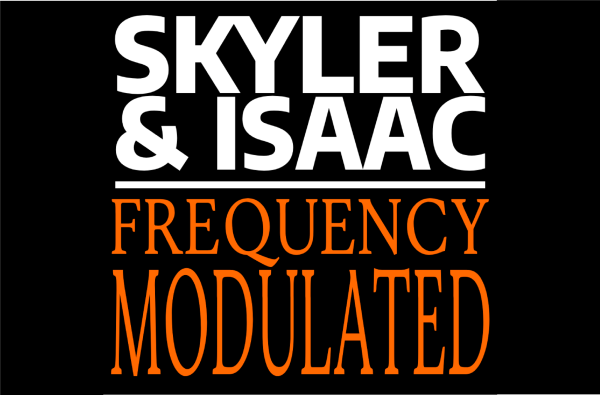Digital vs. Physical: Which textbook version is better?
At the beginning of every semester there is the internal debate of purchasing textbooks. First deciding whether you even need the book, then scanning websites and bookstores to find the best price. Even with the many people I see on campus with laptops and tablets, I still see plenty of textbooks.
When digital books first became accessible, many people thought the physical book would become a relic of the past. In the United States, however, sales of physical books have seen a comeback in 2015, compared to 2014. Physical books may always be around, no matter how much technology pushes for change and dominance among readers.
When kids first learn to write, they have alphabet books, and for many that dedication to physical learning stays with them.
With used books, a reader may find one that has been annotated or highlighted. That person, especially a student, now has a whole different view on the book thanks to someone else’s markings. You can’t get that same experience with a PDF file that is new every time you download it. Manufacturers don’t make “used” PDF files.
E-readers and digital books aren’t all bad. They are instantaneous, so a student can’t use the excuse that it hasn’t arrived in the mail yet. Also, they are much lighter than the 500 page math book in your backpack that you’ve looked at once. Best of all might be the fact that no matter how hard you try, you can’t get a papercut from an iPad.
Convenience is key when it comes to digital books, but it might be too convenient. As an analogy, if a person were to write his/her significant other a love letter but decided to type it out and send it via email, the recipient would feel a very different sentiment than someone who received a handwritten letter. No, not all books are synonymous with love letters, but we place more importance on physical paper than words on a screen.
Documents that America’s history are written on don’t hold the same importance when converted into a word document or media file. Sometimes if something isn’t physically there, it can be easily forgotten, and in a lot of cases, (at least with my old homework assignments) information can be deleted and just like that, it no longer exists.
I find it extremely difficult to read an article on the internet and interpret it just off the screen. Any article I need to analyze I have to print out and highlight and underline to get a full picture of what the article is saying. Scrolling down a page with a brightly lit screen full of words is not a way I can learn. Maybe I haven’t had enough experience doing so, but why start now when I’ve made it almost 20 years without it?
Many people have converted to digital books and are content, both with their reading material and with the extra money saved in their pockets. However, I will always find a library stocked with leather bound books and that smell of rich mahogany more impressive than an Amazon Kindle library.







